Indigenous Rights at COP27
Indigenous and local community leaders from across the tropical forest regions attended COP27 in Sharm-el-Sheikh, Egypt. At the top of their agendas: safeguards for indigenous land rights, free prior & informed consent (FPIC) and against violence experienced in indigenous territories; securing direct climate finance commitments; and the incorporation of ancestral knowledge into climate science and climate policymaking.
This year’s U.N. climate conference saw the highest participation of Indigenous peoples to date, with more than 300 delegates from around the world calling for agreements to explicitly include a human rights approach.
Thanks to the IPCC’s sixth assessment report the importance of Indigenous Peoples is becoming more recognised, with even world leaders such as US President Joe Biden, acknowledging the importance of Indigenous peoples in mitigating and adapting to climate change.
Nevertheless in the final cover text they received less mentions than the equivalent document at COP26. Indigenous delegates continue to seek better mechanisms to for more of the $1.7 billion pledged to indigenous peoples’ land tenure at COP26 to arrive directly into indigenous organisations.
Our indigenous media team reported on the activities of 4 regional indigenous organizations at COP27:
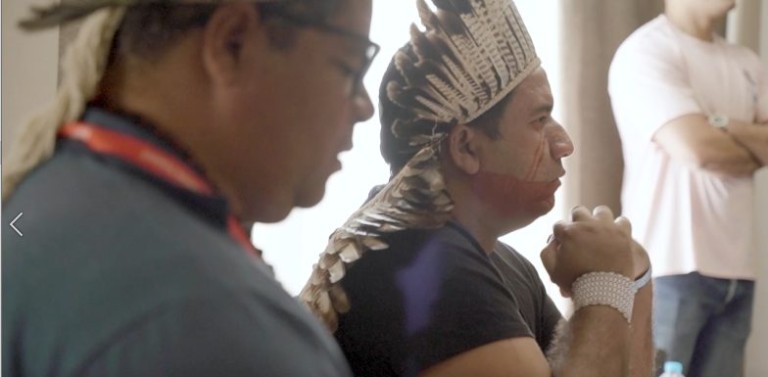
Brazilian Indigenous leaders from the Articulation of Indigenous Peoples of Brazil attended COP27 to discuss climate financing, policies for the demarcation of indigenous lands and legal actions they are taking against the Brazilian government's moves to dismantle indigenous environmental policy, such as the case they have taken to the International Criminal Court.
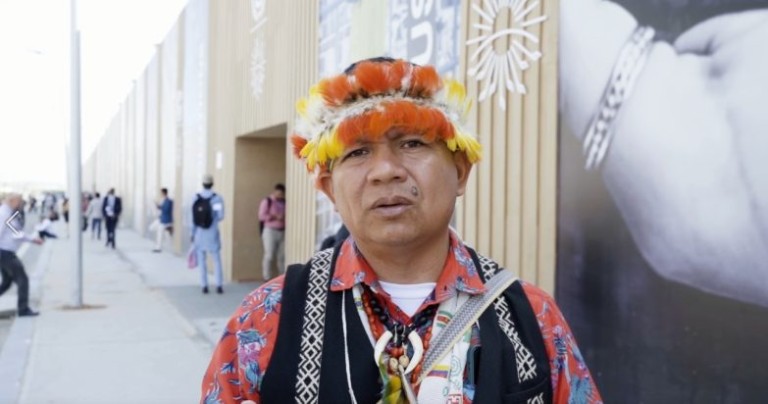
Indigenous leaders from the Amazon basin participated in discussions around global climate finance mechanisms, particularly mechanisms giving direct finance access to indigenous peoples. They brought proposals for such mechanisms to meetings and events with the governments of Colombia, Peru, Ecuador, Brazil and France.
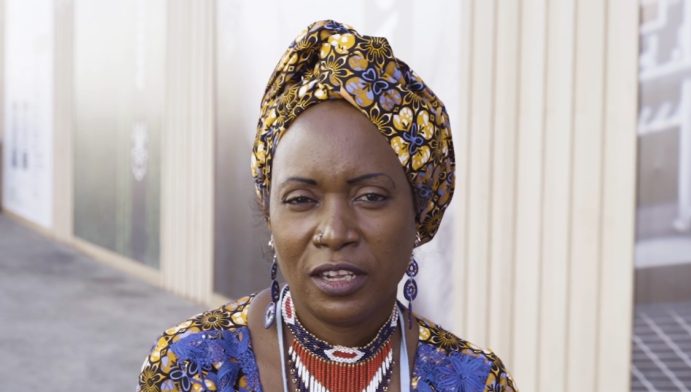
The Congo Basin is the second largest rainforest in the world, yet much neglected in forest policy discussions. Indigenous and local communities of the Network of Indigenous and Local Populations for the Sustainable Management of Forest Ecosystems in Central Africa (REPALEAC) travelled to COP27 in Sharm El Sheikh to participate in discussions on the protection of ecosystems and peoples in the region.
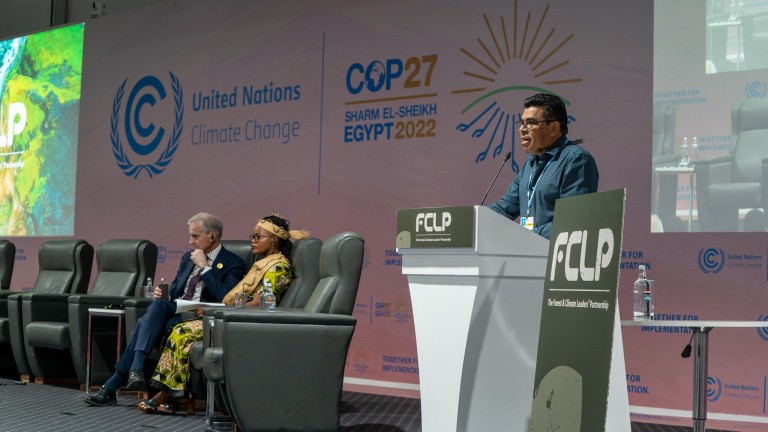
"In this COP27, we have sought spaces for participation at the table where decisions are being made to implement climate funds. We have advocated for achieving direct financing for our indigenous and local communities as an efficient and high-impact tool for the conservation of biodiversity and the fight against climate change. With mechanisms such as the AMPB's Mesoamerican Territorial Fund (FTM), this financing is not only possible: it is already a reality."
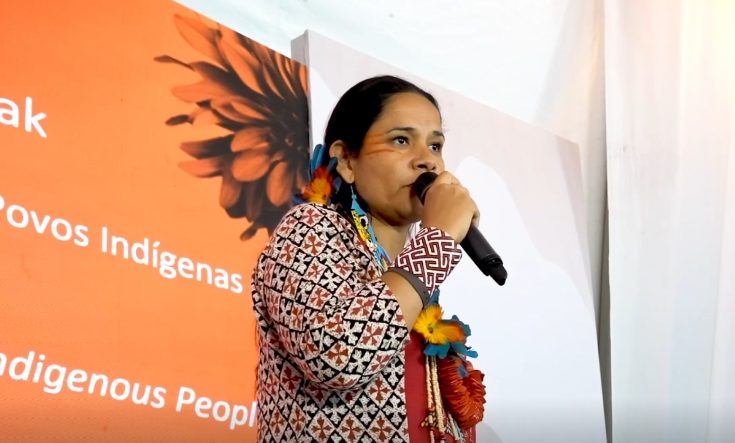
Indigenous women leaders attended COP27 with the aim of demonstrating that ancestral knowledge is fundamental to inform policymaking on land stewardship, sustainable food production and economic empowerment, calling for specific access to direct climate funding for indigenous women.

Indigenous and local community youth came to COP27 to insist on youth participation in political decision-making, bringing ancestral and technological knowledge to discussions on the solutions they are leading in the main ecosystems of the world.
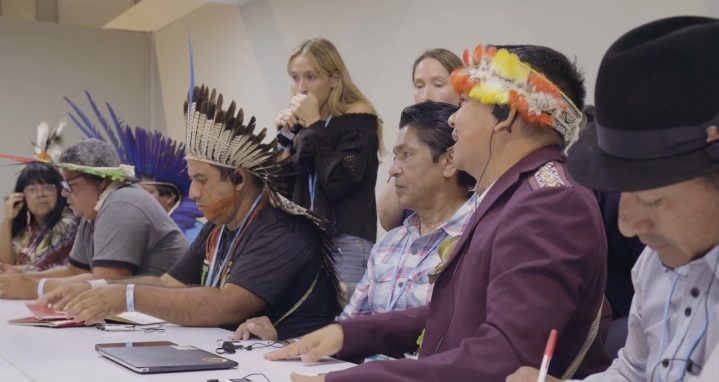
Final Conference Recap: Indigenous Rights at COP27